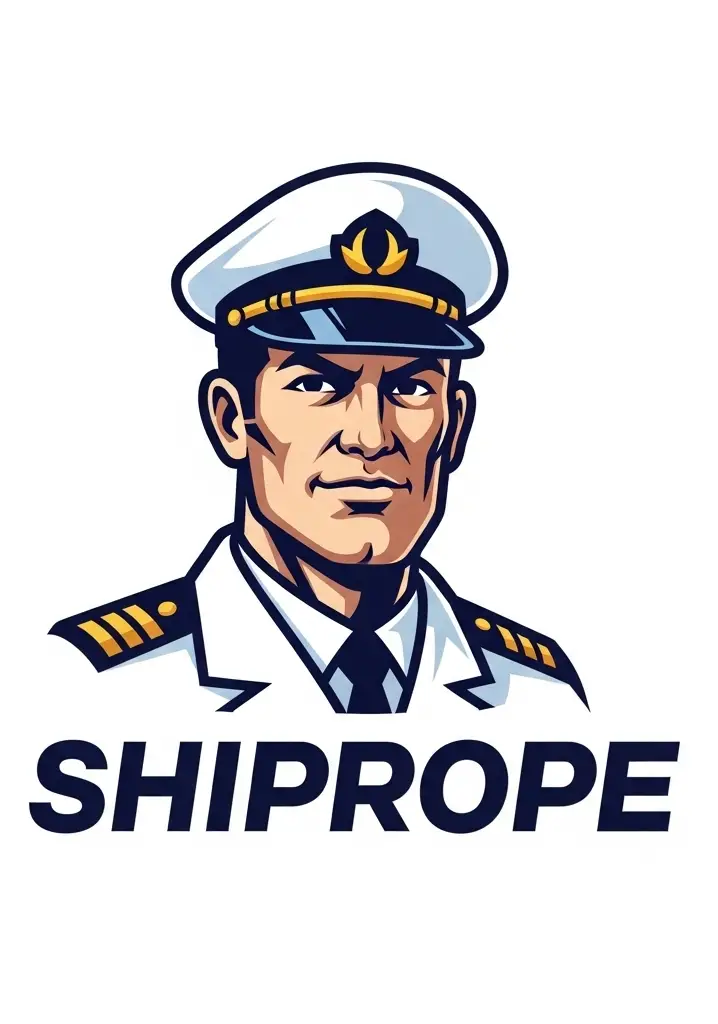How to Become a Crewing Officer in the Maritime Industry
The maritime industry plays a critical role in global trade, with more than 80% of the world’s goods transported via sea. Behind the scenes, crewing officers are vital to ensuring the smooth operation of fleets by skillfully managing their crews. If you’re considering a career with people, logistics, and fleet operations at its core, the role of a crewing officer might be your perfect fit.
This blog explores everything you need to know about becoming a crewing officer, including essential skills, qualifications, and career prospects. By the end, you’ll understand what it takes to excel in this dynamic profession.
What Does a Crewing Officer Do?
Crewing officers are responsible for recruiting, training, deploying, and ensuring the welfare of the crew members aboard a fleet of vessels. This crucial role supports uninterrupted ship operations and upholds compliance with maritime regulations.
Here are the key responsibilities of a crewing officer:
- Recruitment & Hiring: Screening, interviewing, and hiring skilled crew members.
- Compliance Management: Ensuring crew certifications and vessel operations meet international shipping standards.
- Crew Deployment: Scheduling crew rotations and maintaining adequate staffing for vessel operations.
- Training & Development: Organizing training programs and facilitating skill development for seafarers.
- Welfare Monitoring: Supporting the health and psychological well-being of the crew, especially during long voyages.
Simply put, crewing officers are the backbone of a vessel’s workforce. Balancing operational needs and people management is at the heart of their role.
Essential Skills of a Crewing Officer
Being a successful crewing officer requires a diverse skill set that blends managerial expertise, empathy, and industry-specific knowledge.
1. People Management
A crewing officer must possess strong interpersonal skills to effectively communicate with seafarers from various cultural and professional backgrounds. Building trust, maintaining a positive rapport with crew members, and resolving conflicts are all indispensable aspects of this role.
2. Organizational Skills
Efficiently managing dozens of schedules, certifications, and crew rotations requires exceptional organizational skills. Being able to prioritize and multitask is key when operating under strict deadlines.
3. Knowledge of Maritime Regulations
Understanding global shipping laws, standards, and conventions such as the STCW (Standards of Training, Certification, and Watchkeeping for Seafarers) is essential. A crewing officer ensures every crew member complies with industry regulations.
4. Attention to Detail
Overseeing operational logistics, assigning the right crew members to the right roles, and ensuring compliance with certification renewals demands attention to detail. Missing a small requirement could affect the entire fleet’s operations.
5. Problem-Solving Skills
Unexpected challenges, from understaffed ships to onboard disputes, are common in maritime operations. A skilled crewing officer must handle these situations calmly and develop quick, practical solutions.
6. Technical Proficiency
Familiarity with crewing management software (e.g., COMPAS or ShipManager Crewing) and basic Microsoft Office skills can streamline many administrative responsibilities.
Qualifications Needed to Become a Crewing Officer
A combination of formal education, industry knowledge, and hands-on experience equips individuals for a career as a crewing officer. Here’s what typically forms the baseline qualifications:
1. Educational Background
- Preferred Degree: A bachelor’s degree in Marine Management, Human Resources, Business Administration, or a related field is often recommended.
- Additional Maritime Knowledge: Knowledge of maritime operations or certification programs specific to the shipping industry is advantageous.
2. Professional Certifications
Boost your qualifications with industry certifications such as:
- STCW Compliance Training
- Human Resource Certification Programs (like CHRP or CIPD)
- Maritime-specific training courses offered by organizations like Lloyd’s Maritime Academy.
3. Experience in the Maritime Industry
It’s common for successful crewing officers to have prior experience in roles such as HR or fleet operations within the shipping industry. Hands-on maritime exposure helps develop the deep understanding needed for crew management.
4. Strong Networking
Building relationships within the maritime industry can open doors. Platforms like LinkedIn offer opportunities to connect with maritime professionals and discover relevant job postings.
Career Prospects for Crewing Officers
Crewing officers are in great demand due to the growing maritime industry, and the role offers excellent opportunities for career growth. Here’s what to expect in terms of career development and longevity:
Job Stability and Demand
With the global reliance on sea transport, the demand for skilled crewing officers is consistently strong. According to maritime employment statistics, many shipping companies are prioritizing talent with expertise in crew management as they expand their fleets.
Career Growth Opportunities
Starting as a junior crewing officer, you can advance to roles like senior crewing officer, crewing manager, or even fleet HR manager. Some professionals branch out into broader maritime HR roles or join logistics and operations teams.
Salary Expectations
While salaries vary by location and experience, crewing officers can expect competitive pay. The average annual salary for a crewing officer ranges from $45,000 to $70,000, with senior roles earning significantly more.
Global Exposure
Crewing officers often liaise with international teams and crew members, gaining valuable exposure to diverse work cultures and operational environments.
Steps to Kickstart Your Career as a Crewing Officer
If you’re excited by the challenge of becoming a crewing officer, here’s a step-by-step guide to getting started:
- Gain Relevant Education
Enroll in a degree program related to maritime operations, business, or HR.
- Earn Certifications
Complete certifications like STCW training and maritime-specific HR courses.
- Gather Experience
Work in entry-level administrative or maritime HR roles to gain experience in fleet operations.
- Develop Skills
Build a strong foundation of people management, organizational, and regulatory-compliance skills.
- Network
Attend maritime industry events and engage with professionals on platforms like LinkedIn.
- Apply
Look for openings with shipping companies, crewing agencies, or fleet management firms.
Make Waves in the Maritime Industry
Becoming a crewing officer is not just a job; it’s a dynamic career that offers the chance to manage people while ensuring ships operate efficiently across the globe. By honing key skills, gaining relevant experience, and committing to lifelong learning, you’ll be well-prepared to succeed in this vital role.

